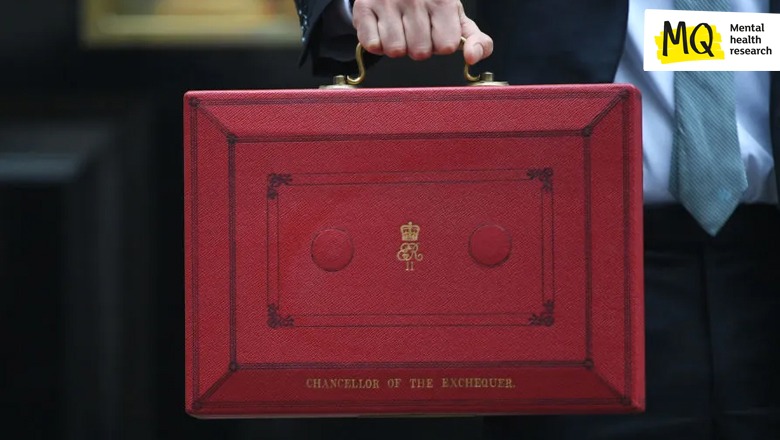Last week, Chancellor Jeremy Hunt revealed his long-awaited Autumn Statement. The budget aimed to get the UK economy back on track following the negative impact of September’s mini budget.
The Chancellor announced a host of measures the government are taking to try and balance the books, including spending cuts and tax increases. But what does the new budget mean for investment into mental health research?
What’s in the budget?
Jeremy Hunt confirmed that the Government are still committed to spending £20 billion on research and development in 2024 and 2025. This represents an increase of around a third over the current spending levels, however, it doesn’t include the additional £2 billion that had been announced in March 2020, which seems to have disappeared from the agenda.
Professor Dame Ottoline Leyser, UK Research and Innovation chief executive, said:
“In these challenging times, it is hugely welcome that the Government has chosen to maintain its commitment to increasing investment in research and innovation to £20bn by 2024-25, signalling a clear commitment to backing world-class UK R&D.
“Investing in research and innovation fuels economic growth, affordable public services, and high-quality job creation across the UK. It is an investment in our future, tackling urgent priorities in energy security, environmental sustainability and global health.
“As set out in our five-year strategy, UKRI is building a strong portfolio of investments, supporting the talented people, places, infrastructures and ideas needed to foster world-class research and innovation that provides opportunities and benefits all.”
What does this mean for mental health research?
Whilst the commitment to research is encouraging, and widely welcomed, with so many clamouring for a share of the budget, the reality is that there is still not enough funding to go around.
It should be noted that this £20 billion is for all research and development projects supported by the government and is not solely for medical or health research projects, and certainly not just for mental health research.
Additionally, other announcements contained within the budget could have a very real-world impact on the mental health of the nation, causing longer term problems for the NHS and the need for even more investment into research in the future.
A limit to child benefit payments, public spending staying below inflation and the large 23% increase in fuel tax starting in March 2023, will see rising levels of poverty during an existing cost-of living crisis that, if not adequately addressed, will have a knock-on effect on the mental health of vulnerable people.
“Mental health has long been considered the poor cousin of health research. Spending in this area has been flat for over a decade, despite the steady rise in suicide rates, eating disorders and CAMHS referrals. This commitment to R&D is a positive step, but only if we can secure further commitments from the Government for a 10-year mental health strategy with research and new innovations at its heart.”
Lea Milligan, CEO MQ Mental Health Research.
Could more have been done?
In a reaction from the Centre for Mental Health, it was pointed out that despite the Autumn Statement including an announcement of £3.3Billion for the NHS:
“It is disappointing that the Autumn Statement makes no new pledges for public health spending. Local councils’ public health services play a vital role in supporting better health and preventing illness. They urgently need extra funding to offset the dramatic reductions they have had since 2015.”
Prior to the release of the budget, MQ had already been a long-term advocate for more investment into mental health research. Over two thousand people have written to their MPs asking for greater investment, and MQ was not the only organisation lobbying the Government.
In a letter from the Association of Medical Research Charities to the UK Government before the Autumn Statement, the signatories encouraged the Chancellor to commit to the funding commitments already promised:
“Health research is one of the UK’s great strengths driven by talented people, world-class universities, a thriving life sciences industry, patient-centred medical research charities and the unrivalled research potential of the NHS. This brings health benefits to patients and public and delivers economic returns to the country of 25p per pound investment, each year, forever.”
And whist the government has committed to maintaining the £20 billion spend on R&D, the fact of the matter is much more needs to be done if we are to truly transform mental health research.
We need investment in solutions for the 1 in 4 of us who will be diagnosed with a mental illness this year. We need to examine how we can more efficiently deliver support and services in order to reduce waiting times, and we should be exploring new technologies that can be used to manage and even prevent symptoms for depression and anxiety.
How can we speed up diagnosis, deliver more effective treatments and even prevent these mental illnesses from taking hold? Without research, it’s just guesswork and without funding, research isn’t possible.
If you would like to help fund mental health research, please consider supporting MQ’s work. You can find out more here.



